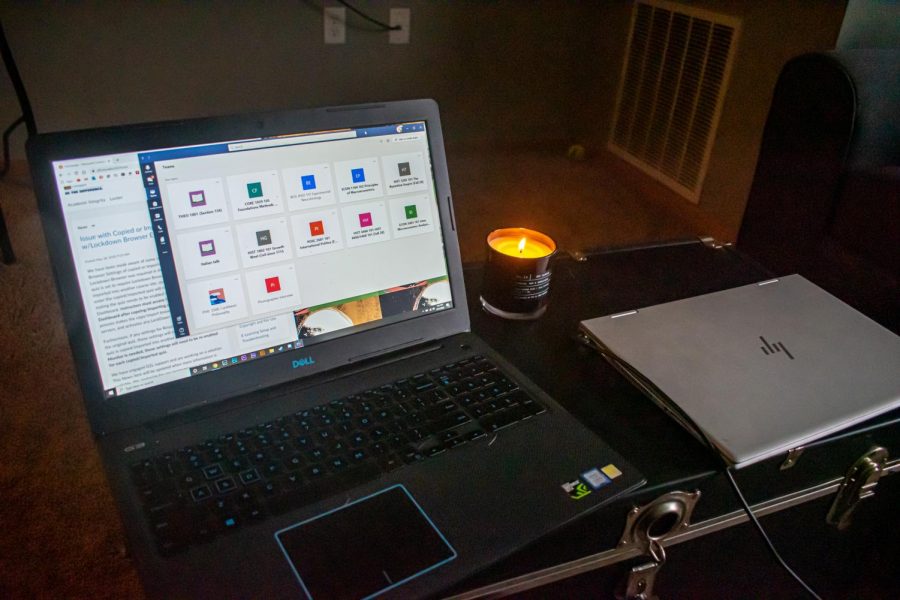 Everyone comes into college with their own expectations of what the next four or so years will hold and how they can make the most of it. Some people hope to study abroad, seek out interesting internships or get job experience as they try to meet their perfect match or get stellar grades.
Everyone comes into college with their own expectations of what the next four or so years will hold and how they can make the most of it. Some people hope to study abroad, seek out interesting internships or get job experience as they try to meet their perfect match or get stellar grades.
How these expectations pan out in reality is a different story. Just as sometimes that square dance partner is best left in first semester of freshman year and taking a heavy course load can weigh you down, our activities outside of academics can also vary. For many of us, the only set experience at Marquette is new student convocation and then we are all off on different paths that may or may not stay on track with what we originally thought.
Things generally never go as planned, but there are plenty of opportunities to pursue while at college. Each opportunity allows for more experience and time to work on skills that could help you out later in life. On-campus jobs, local internships and study abroad are more than just resume builders, but also active forms of furthering the education process.
Another kind of similarly beneficial activity that does not cross everyone’s radar is research. Usually we think of research solely in the academic sense, for which we have to read a lot, write a lot and then sometimes present our findings. Sure, it seems like a chore rather than a hobby to work on, but that does not mean it cannot be the source of great entertainment and way to dig deeper into areas of interest.
Students at Marquette have many different opportunities to complete research, like working with a faculty member on their project or pursuing an area of interest independently. Sometimes you can even get some money out of the research through a fellowship or an attribution on some great discovery or theoretical concept. There are also conferences where you can present your work while padding your curriculum vitae quite a bit.
Some upsides to including research on your college to-do list are the opportunities to reach out to faculty members while broadening your expertise. Working directly with a faculty advisor or professional can provide great mentors during the process and long afterward and other faculty members are eager to share their knowledge to lend a hand. One becomes more aware of Marquette’s wealth of resources and how they can be positively used for a richer project and overall experience.
Research projects are also not restricted to the humanities or sciences. The College of Communication offers the O’Brien Fellowships, which entail working with professional journalists on major pieces that will be published. Chances to work on research outside the classroom are numerous and can be made to fit anyone’s particular goals and interests.
Delving into new studies can even take you to different places and enrich experiences off campus. I received a research fellowship last year and I was able to work on my project about South Africa in the country for three weeks. Doing research there helped me go deeper into the culture and seek out more to be sure I could accurately portray the setting in my work.
Admittedly, research is not for everyone. Some of us get a thrill from discovering a new source or method, while others prefer a more passive kind of experience. Yet, experience with research is undeniably a very practical skill, applicable to any future career and can also lead one to find out where their interests lie.
For those thinking about their initial plans for college, consider adding research to the mix. The benefits of research could even last longer than that first failed freshman relationship.






